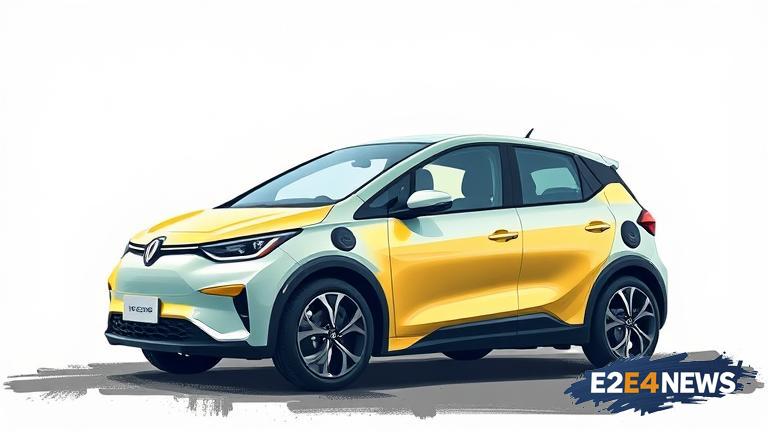The Indian government has announced a comprehensive plan to promote the adoption of electric vehicles (EVs) in the country. The plan includes a range of incentives and initiatives to encourage the use of EVs, including tax exemptions, subsidies, and investment in charging infrastructure. The government aims to have at least 30% of new vehicle sales be electric by 2030. To achieve this goal, the government will provide subsidies to manufacturers to produce EVs, as well as to buyers to purchase them. Additionally, the government will invest in the development of charging infrastructure, including the installation of charging stations along highways and in cities. The plan also includes measures to promote the use of EVs in public transportation, such as buses and taxis. The government will provide incentives to state governments to adopt EVs for public transportation, and will also encourage private companies to invest in EV-based transportation services. Furthermore, the government will establish a network of EV charging corridors along major highways, making it easier for people to charge their vehicles on long trips. The plan also includes measures to promote the use of EVs in rural areas, where access to charging infrastructure may be limited. The government will provide subsidies to rural residents to purchase EVs, and will also invest in the development of off-grid charging solutions. The Indian automotive industry has welcomed the government’s plan, with many manufacturers expressing their commitment to producing EVs. The plan is expected to create new job opportunities in the EV sector, as well as to reduce the country’s dependence on fossil fuels. The government has also announced plans to establish a national EV policy, which will provide a framework for the development of the EV industry in the country. The policy will include measures to promote the use of EVs, as well as to regulate the industry and ensure safety standards. The government has also announced plans to invest in research and development of new EV technologies, including battery technology and charging systems. The plan has been praised by environmental groups, who say that it will help to reduce air pollution and greenhouse gas emissions in the country. However, some critics have expressed concerns about the feasibility of the plan, citing the high cost of EVs and the limited availability of charging infrastructure. Despite these challenges, the government remains committed to its goal of promoting the adoption of EVs, and is working to address the concerns of critics. The plan is expected to have a significant impact on the Indian automotive industry, as well as on the country’s environment and economy. The government has also announced plans to encourage the use of EVs in the commercial sector, including for logistics and transportation. The plan includes measures to promote the use of EVs for last-mile delivery, as well as for long-haul transportation. The government will provide incentives to companies to adopt EVs for their fleets, and will also invest in the development of EV-based logistics solutions. Overall, the Indian government’s plan to promote the adoption of EVs is a significant step towards reducing the country’s dependence on fossil fuels and promoting sustainable transportation. With its comprehensive range of incentives and initiatives, the plan is expected to have a major impact on the Indian automotive industry and the environment.
